Belize at Risk to Lose Decades of Progress n HV Care
Earlier this year, a major shift in U.S. foreign aid sent shockwaves across the Caribbean. In January, the United States pulled out of the Global Fund, cutting off critical grant access for health services throughout the region. And the impact has been immediate and severe. Among the hardest hit? HIV and AIDS treatment facilities, lifelines for thousands who rely on them for testing, medication, and support. Since the funding loss, eighty percent of these centers have reported disruptions in care, struggling to keep their doors open and their services running. So, what does this mean for Belizeans living with HIV? And how is the country stepping up to ensure that no one must face their diagnosis in fear or shame? News Five’s Britney Gordon has that story.
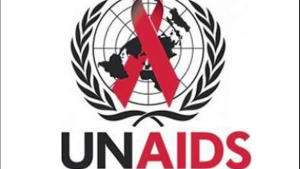 Britney Gordon, Reporting
Britney Gordon, Reporting
Every year, HIV-related illnesses claim the lives of about six hundred and thirty thousand people around the world. And here in Belize, more than three thousand, seven hundred people are living with the virus. For them, access to life-saving treatment isn’t just important, it’s everything. But now, that access is under threat. Since the U.S. pulled its funding for HIV care in the Caribbean, the safety net that many relied on is starting to unravel. Kimberly Simpson has been living with HIV for nearly seventeen years. She says the funding cuts are more than just numbers on a page—they’re a frightening glimpse into a future where people like her may no longer get the care they need to survive.
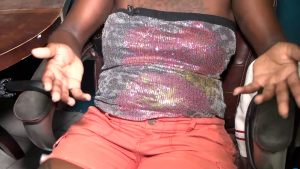
Voice of: Kimberly Simpson
Voice of: Kimberly Simpson, HIV Positive
“ That’s our life you’re talking about, you know, without our ARVs. Eventually, your system will drop back. You know, the HIV will eventually turn into it because you’re not on treatment. And like I said, it will also put a toll on you mentally because then you know what it’s like. You know that you won’t be able to no longer get your medication, something that you need to survive off. And then imagine if you also have kids, you’re not only trying to live for yourself, but you’re trying to live for your kid. And your loved ones who is a part of your life also.”
New data is raising red flags in the fight against HIV in Belize. According to the Chair of the National AIDS Commission, only eighty percent of people living with HIV know their status, and of that group, just half are receiving the antiretroviral treatment they need to manage the virus. A recent survey by UNAIDS and PANCAP reveals that disruptions to HIV prevention and testing services are widespread across the region. These services are critical to keeping the virus under control and moving closer to the goal of ending AIDS.
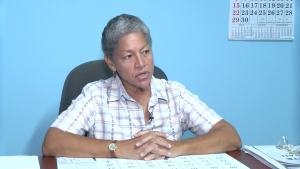
Dolores Balderamos-Garcia
Dolores Balderamos-Garcia, Chair, National AIDS Commission
“The global fund to fight HIV and tuberculosis, mostly HIV gets one third of its funding from the United States. Now, if they are about to cut that funding, it’s going to significantly affect the global funds’ reaction to the HIV struggle throughout the Caribbean. And I can tell you that here in Belize, although we have made some progress, we absolutely are not where we want to be.”
According to the UN, eighty percent of HIV care organizations are now facing significant reductions in services, a development that could have far-reaching consequences for those relying on consistent medical support. The situation extends beyond healthcare. Social protection services, which provide vital support to vulnerable populations, have experienced a seventy-five percent disruption. Meanwhile, sixty-seven percent of human rights groups have also been affected, raising concerns about the broader impact on civil liberties and advocacy efforts. Kendale Trapp, Executive Director of the Empower Yourself Belize Movement, acknowledged the challenges but emphasized that his organization’s core services remain intact. However, he stressed that access to medication remains critical to the overall care of individuals living with HIV.
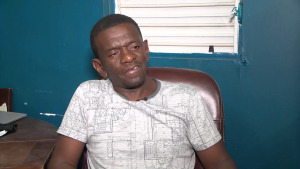
Kendale Trapp
Kendale Trapp, Executive Director, Empower Yourself Belize Movement
“The most important part is bringing them to the real, the realization or accepting that I am HIV positive and the ARV that the Ministry of Health is providing can save your life. And that having an HIV diagnosis is not the end of the world..”
For twenty years, Belizeans have received free HIV medication, thanks to support from the Global Fund. But now, with a third of that funding cut, the government is figuring out how to keep this critical care going. The silver lining? A backup plan has been in the works. Since the Global Fund reviews its support every cycle, Belize knew this day might come and has been preparing for the possibility of losing the grant entirely.
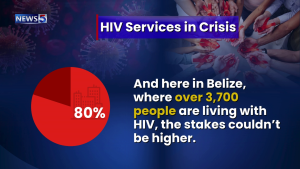 Dolores Balderamos-Garcia
Dolores Balderamos-Garcia
“The National AIDS Commission, along with the Ministry of Health, we have put up a cabinet paper. And basically what we’re saying in that paper is we are asking for all hands to come back on deck. Because we have a still a serious situation on our hands and we need everybody to cooperate. Asking of course for the cooperation of key ministries, education, human development, and especially the Ministry of Health. And then of course our community service organizations and NGOs.”
Living with HIV comes with its challenges, from social discrimination to the physical toll on the body. Kimberly hopes that a financial burden does not become an additional stress.
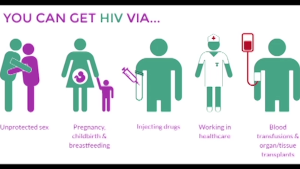 Kimberly Simpson
Kimberly Simpson
“Imagine I’m already there early in the morning, tired, sometimes hungry, because then you know you have to wait to go and do tests or whatever like that, and then it’s a bit stressful. You get frustrated. Sometimes I find myself even wanting to give up, like, you know, I should just go home and just leave it at that. But then when I think about how far I’ve come, I just try to gather the strength to get that patient. But not everyone is like me”
Regional leaders need to step up now, before we see a rise in HIV deaths or new infections. These treatment centers aren’t just clinics; they’re the heart of the fight against HIV. Without them, the entire response system starts to fall apart.
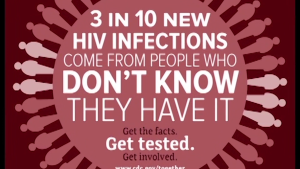 Dolores Balderamos-Garcia
Dolores Balderamos-Garcia
“We did bring to the attention of the Prime Minister and Cabinet that where the funding may reduce or dry up from the global fund countries will have to step up and fill that gap. And like I said, a third of the funding of the global fund comes from the United States. So we have to be prepared in all our Caribbean countries, not just Belize. We have to be prepared now to step up and fill the gap, the funding gap. That is likely to happen.”
The U.S. pulling back its support from the Global Fund has left a huge gap and it’s one we simply can’t afford to ignore. If we don’t act fast, we risk losing decades of hard-won progress in reducing HIV-related deaths and slowing the spread of the virus across the region. Britney Gordon for News Five.




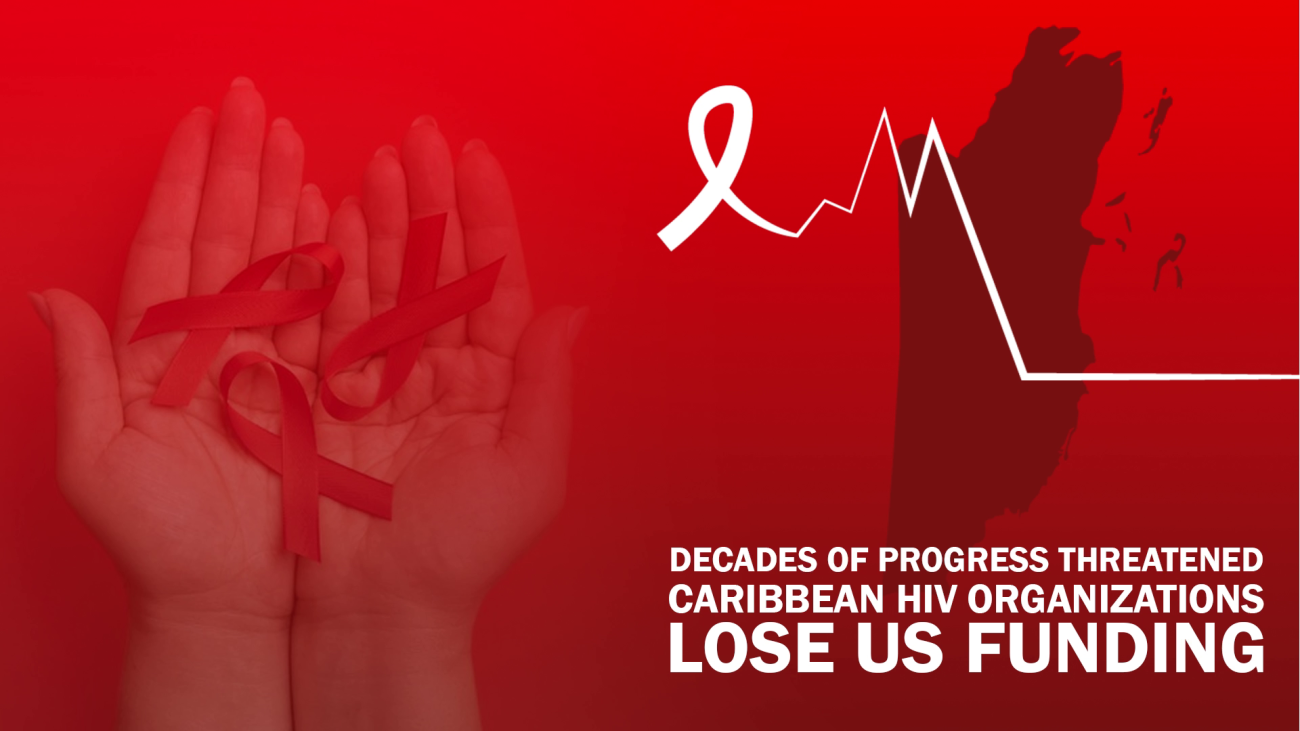
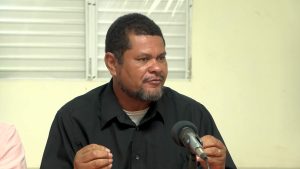
Facebook Comments